Recommendation
Isaiah Berlin was the rare thinker who gave “freedom” profound consideration. He spent his career on exhaustive, detailed studies of it. In this compilation of Berlin’s classic studies of political thought from ancient Greece through the New Deal, the late philosopher lays out arguments and analyses that will deepen the understanding of any student of politics. Berlin is at his best when he wields broad metaphors. To explain his notion of “negative freedom,” he points to an example of a man tethered to a tree. The man suffers restricted freedom. And so, Berlin notes, does an employer who’s not free to engage in exploitive labor practices. Freedom isn’t always a godsend, Berlin acknowledges. He points to the Aristotelian notion that freedom is too much responsibility for many people. This tour of political thought visits the Stoics, Karl Marx, Immanuel Kant, John Stuart Mill and John Locke, and explores the concepts of coercion, free will, self-determination and self-reliance. Berlin’s vintage work is an enlightening read, but a tough slog through weighty prose that can be difficult to digest. The reader should consume it in small helpings, since Berlin’s intricate arguments demand close attention. But he rewards the effort by offering comprehensive knowledge and understanding you can use to frame ancient history and current events. getAbstract recommends this insightful tome to readers seeking a grounding in political thought.
Summary
About the Author
Isaiah Berlin, professor of social and political theory at Oxford, was the founding president of Wolfson College.









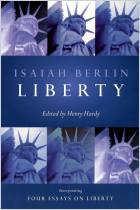
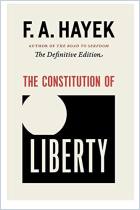
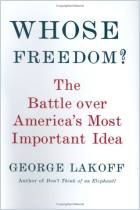
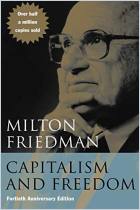
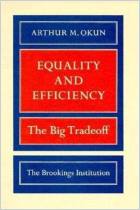
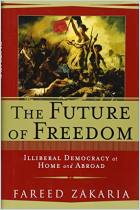


Comment on this summary or Start Discussion